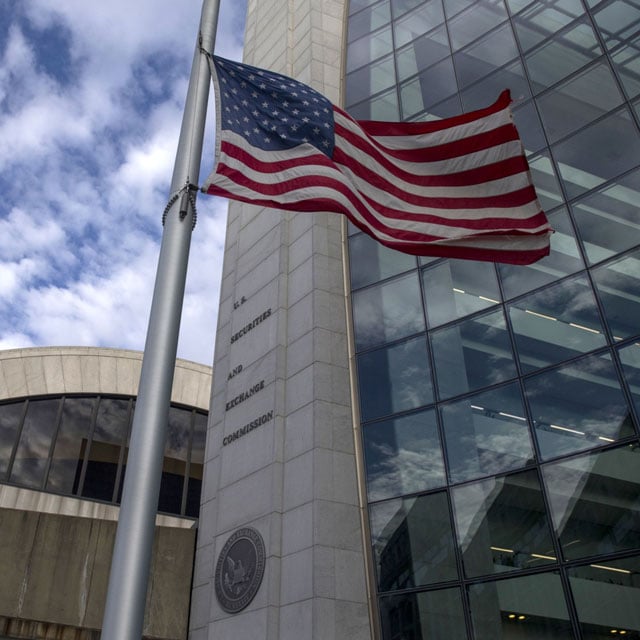SEC Adopts Revised CAT Funding Model

FINRA ‘Disappointed’
The Financial Industry Regulatory Authority said Wednesday in a statement that it “has not been supportive of the proposed CAT funding model. FINRA is disappointed by the SEC’s approval of the proposal, which does not appear to reflect FINRA’s comments on the equitable allocation of CAT fees.”
As FINRA explained, under the fee proposal, “FINRA—a not-for-profit national securities association—would be assessed an estimated 34% of the total CAT costs to be borne among the 25 Plan Participants (based on 2021 data), even though FINRA is the only Participant that does not operate a market.”
Further, the SEC’s plan would “concentrate a substantial share of the self-regulatory organization responsibility for funding CAT on FINRA—more than double that of the next highest participant and $4 million more than all option exchanges combined.”
The proposal also “fails to adequately analyze and provide justification for the funding model’s impact on market participants, including FINRA members and investors,” FINRA states. “Instead, the proposal states that industry members may pass their costs to investors, without a detailed description of and transparency into how these fees would be determined or passed on to investors.”
Trade Groups Weigh In
The Securities Industry and Financial Markets Association said in a statement after the vote that the group “plans to carefully review the Commission’s approval order for the funding model.”
As noted in comment letters, SIFMA said that it “finds the CAT funding model created and designed by the SROs to be deeply flawed.”
The funding model “provides for inequitable allocation of CAT costs between industry member broker-dealers and the SROs. Taking into account industry member funding of FINRA, the model assigns over 80% of CAT costs to industry member broker-dealers,” SIFMA opined.
“While industry members recognize and accept that they will be responsible for a portion of the costs of the CAT, this allocation of fees is unfair and does not meet the standards under the Securities Exchange Act of 1934 governing SRO fees,” SIFMA said.
SIFMA also said that the group “strongly disagree[s] with the SROs determination of which industry member broker-dealer will be assessed CAT fees. We believe the most reasonable way to allocate CAT costs among industry members is to make the industry member that originated the ultimately executed order the one responsible for CAT fees.”
Chris Iacovella, president and CEO of the American Securities Association, added in another statement that the adoption of the proposed CAT Executed Share Model “is neither equitable, nor reasonable. The CAT funding model is a prime example of an agency adopting a rule it couldn’t pay for and then illegally appropriating the funds of market participants to fund it.”
ASA, Iacovella said, “strongly object[s] to the SEC imposing a tax on American investors to fund the CAT. ASA also remains vehemently opposed to the CAT’s unconstitutional collection of investor’s personal and financial information and we urge every American to question this unprecedented intrusion into their private lives.”




